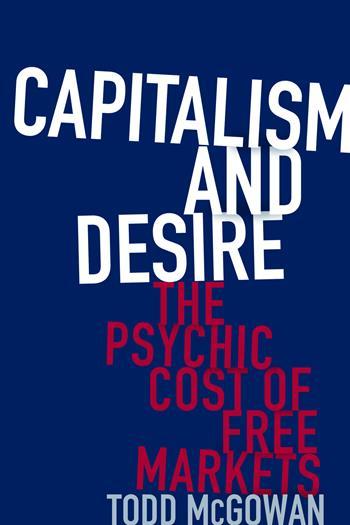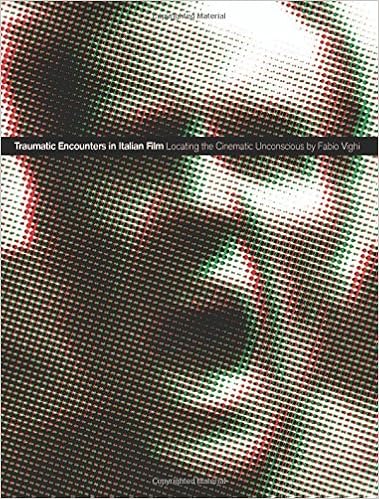A topic that I brought up with my students this past semester is the character of Patrick played Elijah Wood. To be short, the film is a science fiction love story that entails a recently separated couple Joel (Jim Carrey) and his ex-girlfriend Clementine (Kate Winslet) who erase their memories of each other by a company called Lacuna.
Patrick works for Lacuna. While Patrick assisted Stan (Mark Ruffalo) with Clementine's procedure, he became attracted to her. As a way to court Clementine, Patrick steals Joel's memory objects from Lacuna's office.
Perhaps the most significant scene is when Patrick and Clementine are on the frozen lake. He recites some of Joel's memories about her. Like the binary code of digital, Patrick is too perfect. And it is exactly this moment that Clementine loses her desire for Patrick.













